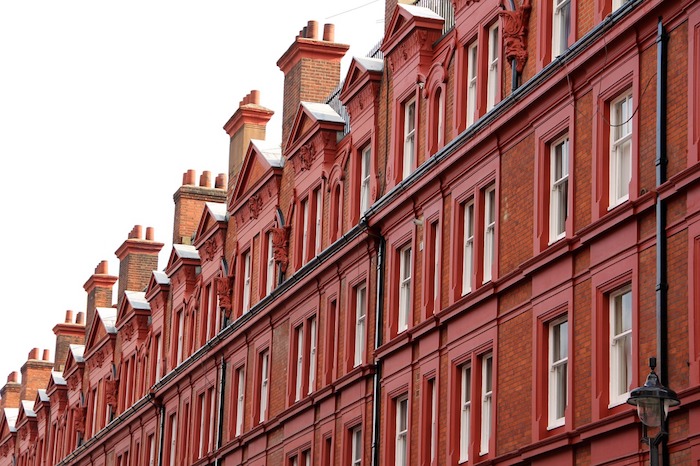Here is the latest edition of the Property Options’ monthly update on the UK Buy To Let (BTL) market.
This update is by economist Chris Worthington, who was one of the speakers at our recent February PIM.

Economic Overview
At last month’s Property Investment Meeting (PIM), Chris Worthington started by saying that it’s difficult to differentiate Brexit from other factors affecting the economy, so in this month’s update we’ll start with an economic overview and add some comments on the possible impact of Brexit on the economy.
The prevailing view is that there will be an economic slowdown in the UK in 2017. Incomes are expected to stall and inflation is expected to increase to around 2%.
Consequently households will tend to run down their savings and the current buoyant level of consumer spending will gradually fall.
On the plus side interest rates are not expected to rise and the Bank of England bank rate is expected to remain at 0.25%. Buy to let mortgages will continue to be available to investors at rates as low as 2.7%.
However it does seem fairly certain that the uncertainty arising from Brexit will affect overall business investment, this declined by 2% in 2016.
Brexit and the Housing Market
Mark Carney, the governor of the Bank of England commented “The Brexit journey is just beginning and the outlook remains highly uncertain due to the Brexit negotiations.”
It is therefore somewhat speculative to comment on the impact of Brexit on the housing market at this stage, but here are three possible consequences:
- The fall in the value of sterling and the possible imposition of tariffs on imported building materials will increase construction costs and house prices.
- If immigration from Europe falls as result of the loss of free movement of people from the European Union the availability of labour in in the construction industry will fall and labour costs will rise. This will also increase house prices.
- The majority of recent immigrants to the UK live in privately rented accommodation. If immigration falls the demand for privately rented accommodation will fall.
Brexit and the Bristol Housing Market
Bristol’s buoyant economy continues to provide a growth in employment opportunities and this creates a high level of demand for owner occupied housing and private rented housing.
The population of Bristol continues to increase as people move to the city to take jobs. Bristol consistently out performs the UK average in terms of house price growth and year on year increases in rents.
Bristol will therefore to continue to be a good place to invest in property despite the uncertainties arising from Brexit.
There will be more detail on the Bristol buy to let market in our next update at the end of this month.
Conclusion
We will all be discussing the latest position on the property market in Bristol and across the UK at our next PIM on 30 March 2017 at Holiday Inn, Bristol City Centre, 6-9 pm.
We hope you will join us then.
For more info and to reserve your place Click Below


Leave a Reply